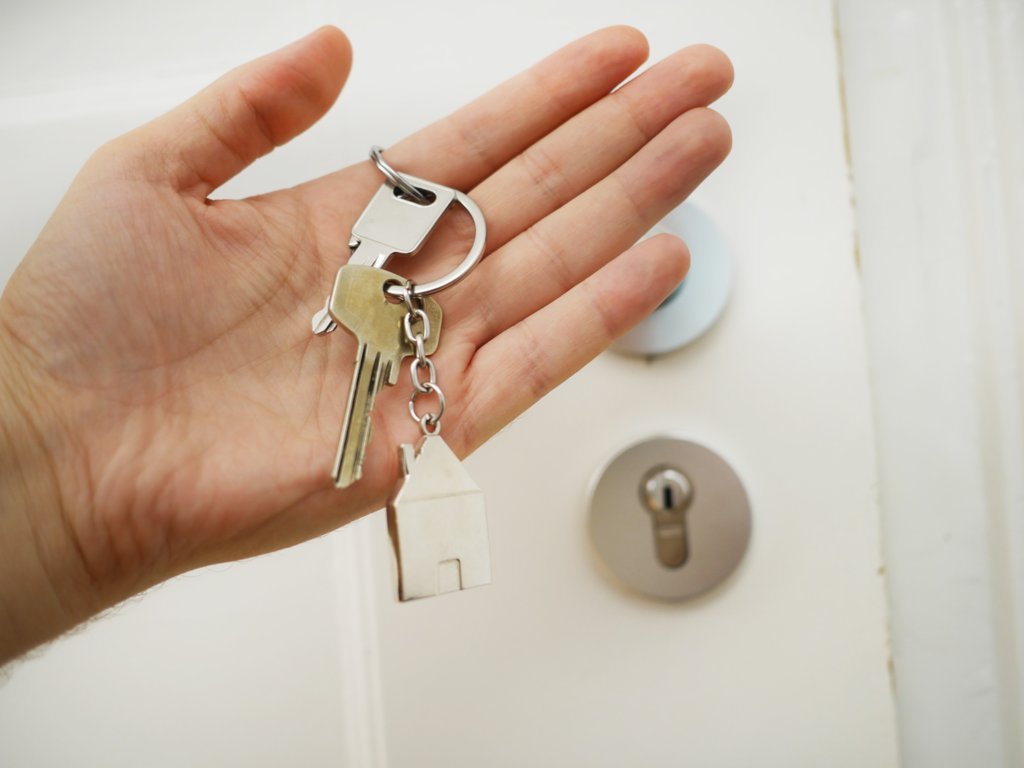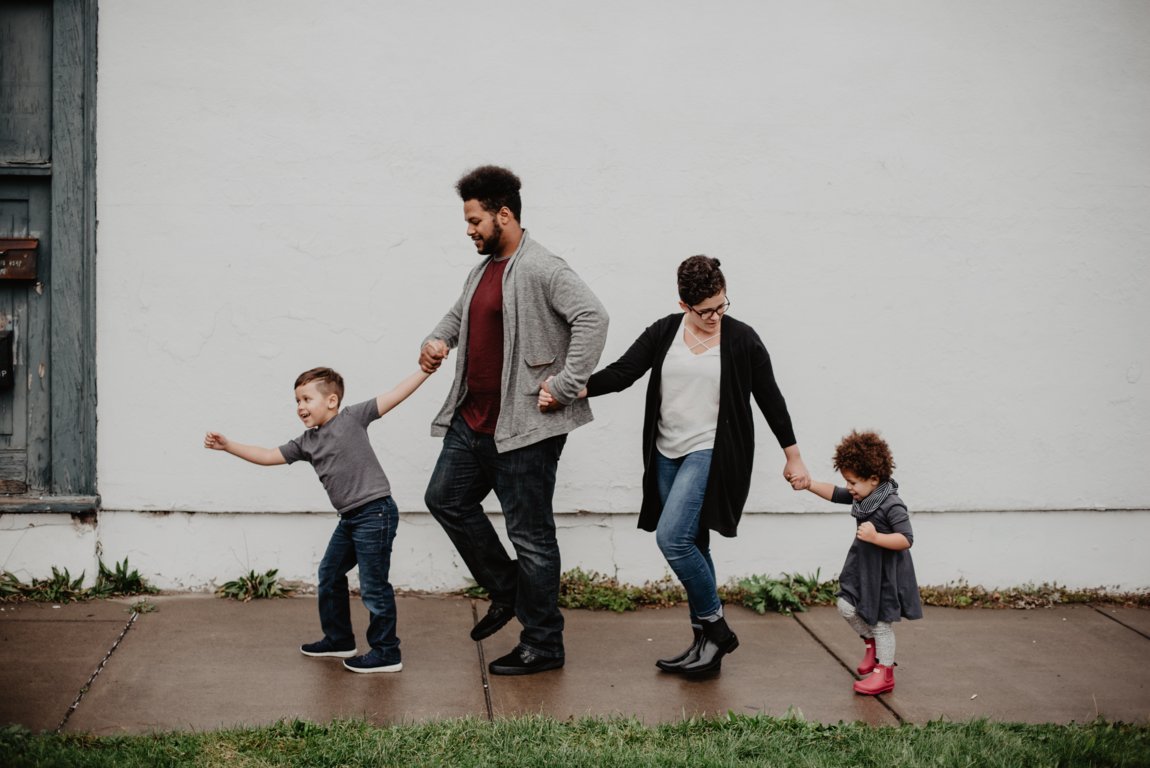Introduction
As a parent you may at times want to give your child a helping hand, such as when your child does not have an income of their own. But that need not be the only reason of course; donation is also an excellent way to transfer assets to the next generation. Generally speaking, you can say that each euro transferred during a parent’s lifetime is free from inheritance tax when that parent dies.
Parents are allowed to donate a specific annual amount to their children tax free. In 2021, this amount was €6,604. This amount was still only €5,515 in 2020. In connection with the coronavirus crisis, the government decided (for the time being) to increase the gift tax exemption by a one-off sum of €1,000 this year.
If you as a parent donate more than the exempted amount, your child must file a gift tax return and will therefore often have to pay gift tax. Each euro donated in excess of the exempted amount will then be taxed. The tax rate on the first €128,750 is 10%, while the rate on the excess is 20%.
But did you know that you are allowed to donate to your child – tax free! – a one-off amount which is higher than the annual exemption? You can donate more than €6,604 without your child having to pay tax! In this article, we will discuss these increased gift tax exemptions.
What increased exemptions are there for gift tax?
There are several situations in which a child may apply for an increased gift tax exemption. The exempted amounts differ depending on the situation. This overview includes the amounts for 2021.
- An exemption of €26,881. This amount is freely disposable by the child. He or she need not demonstrate what they intend to do with the money.
- An exemption of €55,996. This amount is not freely disposable. The child must use the money to finance an expensive study or training course.
- An exemption of €105,302. This is perhaps the best-known increased exemption. It involves the exemptions for which the child is obliged to spend the money on buying his or her own home.
If an application for an increased exemption is made, the normal annual exemption of €6,604 will no longer apply.
If an application for the increased exemption of €55,996 or €105,302 is made, the child needs, by the way, only to spend the excess of €26,881 on studying or on a house. Because with these exemptions, an amount up to €26,881 is also freely disposable.
What conditions apply to these increased exemptions?
Each of the three exemptions mentioned above can only be used if the child is between 18 and 40 years old. If a child is 40 or older, but has a partner who is under 40, the increased exemption may nevertheless be used.
An important condition is that none of the three gift tax exemptions has been used before. If a child has received a donation of €20,000 in 2020 and in doing so has applied for the disposable gift tax exemption, they may not apply for this again in 2021. It is a genuine one-off exemption: if one of the three exemptions has been used, the other two exemptions can no longer be applied for! This is something to bear in mind when making a donation.
There is, however, an exception. If a child has applied for one of the increased gift tax exemptions before 2010, this donation may be increased by an amount of €29,115 (2021 amount) to buy his or her own home. However, the condition that the child may not be older than 40 still applies.
How does the increased exemption for an own home work?
With house prices increasing all the time, you may wish to help your child when they want to buy their own house. if your child is aged between 18 and 40 years old and has not previously used one of the three exemptions, you now know that you can apply for the “own home” exemption.
An important condition is that it should concern the child’s “own home”. This term is used in tax legislation. An “own home” is a house actually occupied by the child as his or her principal place of residence. If a child is thinking of buying a nice little holiday home, the own home increased gift tax exemption will not apply.
The donation need not specifically to be used by your child to buy their own home. It is also possible, for example, to use the exemption to pay for a renovation, or to pay off (part of) the mortgage.
It is also possible to “spread” the gift over three years. If a child receives a gift of €30,000 in 2021, and he or she qualifies for the exemption for his or her own home, this gift may be supplemented in 2022 and 2023 to a total of €105,302.
The exemption for one’s own home is a special exemption. It need not necessarily concern a donation by a parent to a child. A grandfather or grandmother, or even an unknown person, would be allowed to donate the amount of €105,302, free of tax. This is not the case with the other two options: they only apply to donations made by parents to children.
Are you allowed to use the own home exemption more than once?
The fact that it concerns a one-off exemption means that you may only apply for this exemption once per donor. If you as a parent have already donated the maximum amount to your child once, you are not allowed to do so again. But your child is, however, free to receive this gift from others! It is possible, therefore, for a grandparent and a parent to make a donation to the same child.
However, it should be noted that donations made by or to partners are regarded as one donation. It is therefore not possible for two partners to both make the maximum tax-free donation, because this is considered to be one gift.
Nor is a parent allowed to grant the maximum exempted amount to both their child and their son- or daughter-in-law, because this is also regarded as one donation.
Am I obliged to file a gift tax return?
If a person receives a gift of more than the annually exempted amount, they must file a gift tax return. The same applies if this person wishes to use an increased exemption and is not really obliged to pay gift tax! This is because the gift tax return must expressly include an application for one of the increased exemptions. The gift tax return must be filed before 1 March following the year in which the donation was made. So, if in 2021 you receive a gift in excess of the annual exempt amount, you must file the gift tax return before 1 March 2022.
Should the gift be registered before a civil-law notary?
You are not obliged to have the gift registered before a civil-law notary, but doing so does have a number of advantages. We will ensure that the gift is properly handled from a legal point of view, by using an exclusion clause, for example. This means that the donated amount continues to be owned by your child. In the event of a divorce, a former son- or daughter-in-law will be unable to claim that half of the donation belongs to him or her and subsequently get to walk away with half the assets.
A notarised deed of gift also has the benefit of proof. The civil-law notary establishes who has donated what and when, and whether this was done of their own free will.
Finally, we can explain the mechanism of the gift tax return and help you file it. If you have any questions about this subject, if you intend to make a gift or if you need assistance with filing the gift tax return, we will be happy to assist you. You can contact us at our office on telephone number +31 13 549 49 49 or by e-mail at info@dktnotarissen.nl.
Author : Jeroen Beijsens, DKT Notarissen, Tilburg






